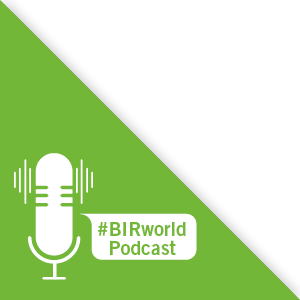The Japanese government was due to lift the state of emergency in four major cities, including Tokyo, on March 21 despite not being able to limit the number of COVID infections to less than 100 a day as the country prepares for the Olympic Games in October this year.
The domestic economy has recovered to slightly below the level seen just before the pandemic. However, a shortage of semiconductor parts is now causing production cuts in the automotive and electrical device industries.
Although domestic mills’ demand for No.1 copper scrap is recovering, grades such as Clove have spilled into the export market - something which has never happened before in the well-protected Japanese market. Exporters to China are aggressively sourcing No.2 copper scrap after confirming grades in line with the new Chinese import standards.
Despite the news that Malaysia may tighten its scrap import regulations, around 10,000 tonnes of cable scrap is being exported there. However, local chopping may be the best solution to the stricter import regulations adopted among Asian countries.
Japan’s aluminium scrap dealers are enjoying good profit margins, helped by strong LME prices. The recent freight hike has been affecting exports to distant countries such as India. Domestic aluminium alloys are being hunted aggressively while prices of imported alloys are continuing to rise, fuelled by higher LME levels.
Exporters have started reducing their stainless steel scrap buying prices as a result of falling LME levels - a move which is being followed by domestic mills.

Nick Hinohara
Metal Solution Provider (JPN), Board Member of the BIR Non-Ferrous Metals Division
Country
 Japan
Japan
